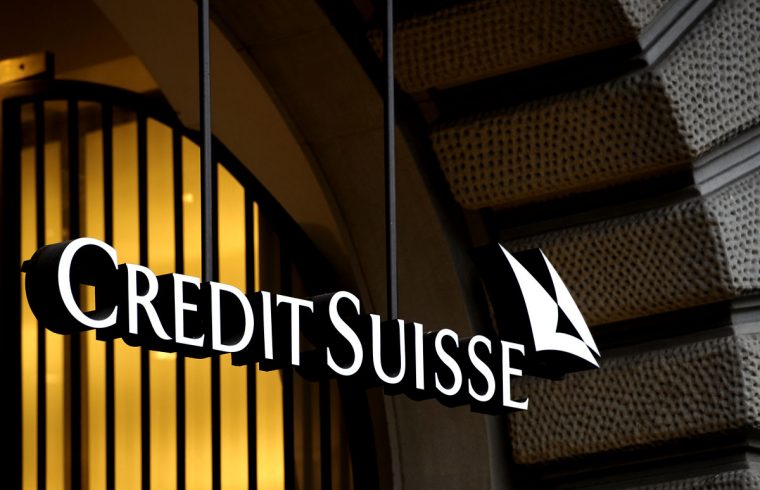This development underscores the significance of financial institutions implementing stringent controls and transparent practices in pricing, aligning with regulatory requirements to avoid enforcement actions and ensure fair dealings with clients.
The Monetary Authority of Singapore (MAS) has imposed a civil penalty of $3.9 million on Credit Suisse AG for misconduct by its relationship managers (RMs) in the Singapore branch.
The RMs provided clients with inaccurate or incomplete post-trade disclosures, leading to clients being charged spreads above agreed rates for 39 over-the-counter (OTC) bond transactions.
Credit Suisse lied about executed interbank prices and/or spreads charged
Credit Suisse, in contravention of sections 201(c) and 201(d) of the Securities and Futures Act 2001 (SFA), made false statements to clients about executed interbank prices and/or spreads charged. Additionally, they omitted material information that the spreads charged were above the agreed rates.
MAS initiated this enforcement action following a review of pricing and disclosure practices in the private banking industry. Investigations revealed Credit Suisse’s failure to implement adequate controls, such as post-trade monitoring, to prevent or detect the RMs’ misconduct. The bank, admitting liability under section 236C of the SFA, paid the civil penalty and has strengthened internal controls to prevent a recurrence.
As part of the settlement, Credit Suisse also compensated affected clients separately. Ms Ho Hern Shin, Deputy Managing Director (Financial Supervision), MAS, highlighted the importance of financial institutions implementing robust governance frameworks to ensure fair and transparent pricing, stating that MAS will continue engaging banks to enhance controls and take firm enforcement action against breaches.
It’s noteworthy that the civil penalty regime, operational since 2004, allows MAS to enter into agreements for payment, with or without admission of liability, for contraventions. The penalty may be up to three times the profit gained or loss avoided, with minimum thresholds depending on the entity’s status.
Sections 201(c) and 201(d) of the SFA prohibit false statements and the omission of material facts in connection with the subscription, purchase, or sale of capital market products. Section 236C holds corporations liable for failing to prevent or detect contraventions committed by employees or officers attributable to negligence.
The civil penalty regime in effect in Singapore
The civil penalty regime, as outlined in the context of this news, refers to a regulatory framework employed by the Monetary Authority of Singapore (MAS) to address and penalize market misconduct. This regime, operational since the beginning of 2004, is designed to complement criminal sanctions and provides a nuanced approach to combatting violations of financial regulations.
Under this regime, MAS has the authority, as per section 232 of the Securities and Futures Act 2001 (SFA), to enter into agreements with individuals or corporations for the payment of civil penalties. The penalties are imposed when there is a contravention of any provision of Part 12 of the SFA. It’s important to note that a civil penalty action is not a criminal action and does not attract criminal sanctions.
The civil penalty may be up to three times the amount of the profit gained or loss avoided by the entity responsible for the contravention. There are minimum thresholds for the penalty, set at $50,000 for non-corporate entities and $100,000 for corporations. Importantly, the entity subject to the penalty may agree to pay it either with or without an admission of liability.
In this specific case with Credit Suisse, the civil penalty of $3.9 million was imposed on the bank under section 236C of the SFA. This section holds a corporation liable if it fails to prevent or detect a contravention of any provision in Part 12 of the SFA committed by an employee or officer for its benefit and attributable to its negligence.












